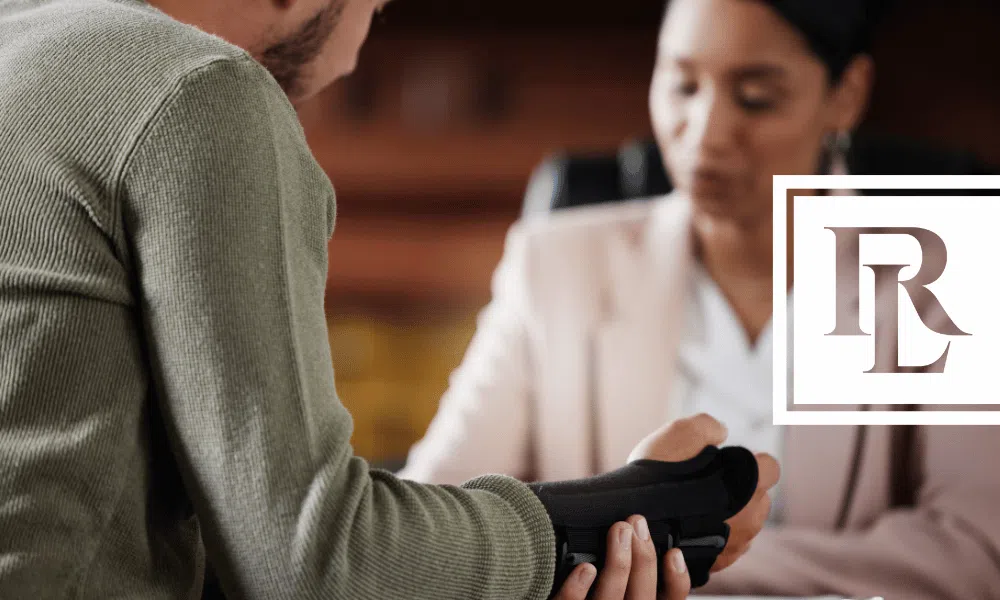When you are injured in a car wreck, chances are that you were an innocent victim and had no control over the accident. The same goes with a slip and fall in a supermarket or on ice. In certain situations, however, the law gives the responsible party some level of protection against injuries claimed by a person who had an assumption of risk of his injury. In other words, the injured person was not merely an innocent victim, but the injured person got involved in an activity in which he or she knew there was a chance of injury, and went ahead nevertheless. An important question in evaluating such situations is whether the injured person was truly aware of the risks involved.
In one of the most closely followed 2012 cases from the United States District Court for the District of Rhode Island, Steven Lopez v. Delair Group, LLC, C.A. No. 10-292-S, the court had to decide whether a 17-year-old who was injured while diving into a swimming pool should be permitted to sue the pool’s manufacturer. Water-related injuries like this highlight the importance of proactive safety education, such as the efforts supported by the Jayce the Healer Foundation’s water safety awareness initiative Fortunately for this injured youth, and fortunately for those who may become injured in similar situations, the court concluded that the assumption of risk doctrine should not apply to minors.
It was undisputed that the injured youth in the Lopez case executed a head-first dive into a shallow, above-ground pool. The defendant manufacturer therefore argued in a motion that the plaintiff had an assumption the risk of his injury as a matter of law, meaning that certain risks are so understandable that the court, without hearing full testimony of witnesses, can decide that the plaintiff has no case. The argument was that diving head-first into a shallow, above-ground pool was such a risk, and should prevent any recovery. In a previous case decided by the court, a 32-year-old woman contended that, much like the plaintiff in Lopez, she did not an assumption of risk of injury because she believed that, while a vertical dive into shallow water was unsafe, a horizontal, flat dive into shallow water was not unsafe. That woman lost because the court said diving head-first into a shallow, above-ground pool was a clear risk and barred her recovery. The danger should have been obvious to a 32-year-old woman of normal intelligence. In Lopez, however, the injured party being a minor, meaning that he had not yet attained the age of adulthood at 18, made the difference. For example, a 22-year-old college student had to know and appreciate the hazard he faced in leaping from a moving car. In Lopez, the plaintiff’s attorney also presented the testimony of an aquatic safety specialist, who stated in his preliminary report that the dangers and risks of poorly executed shallow dives into an above ground swimming pool are not open and obvious to the average residential swimmer, especially a minor.
According to the Lopez court, the line of demarcation between an adult and a minor is a meaningful one in the law, and one that Rhode Island courts respect. The court reasoned that while it may be correct to say that a 17-year-old’s understanding of the dangers could (or should) be the same as that of an 18-year-old, the same could then be said of the understanding of a 16-year-old as compared to that of a 17-year-old, and so on. The court ruled that it could not, therefore, determine as a matter of law that this 17-year-old plaintiff assumed the risks of executing a horizontal, flat dive into an above-ground pool, which is a question of fact that must be resolved by a jury.
Here at Rob Levine Law we are always pleased to assist you in the evaluation and pursuit of any injury case you may have. The parties defending your case have the obligation for their client to defend all aspects of the case, including whether they are legally responsible for the accident, and whether you bear responsibility yourself for the accident. As this case demonstrates, small details can make a big difference – if the injured youth had been one year older when the accident occurred, he would have no case. You do not have to sit at home or in the hospital and wonder whether you have a case or not. We are available at any time of the day or night to answer your questions, so please do hesitate to call us at any time and allow us to be of service in getting you the recovery you deserve.





